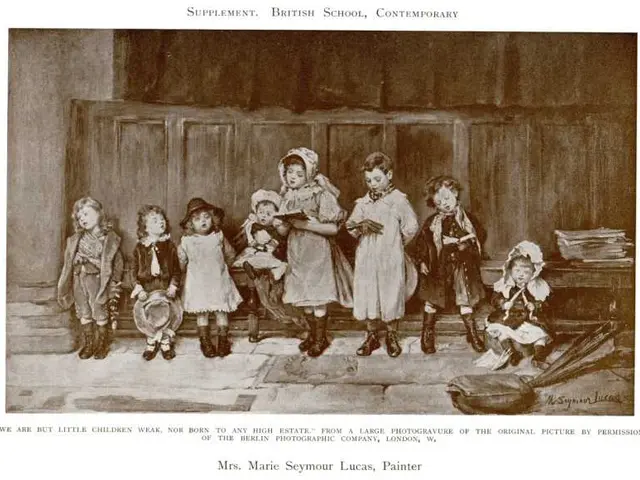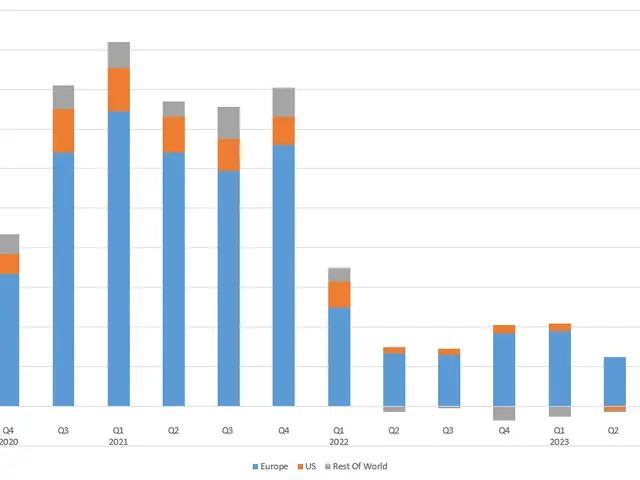Local Authority Urges Boar Hunters to Increase Wild Boar Hunting Activities - Urges Local Hunters to Increase Wild Boar Hunting Numbers in the County
Darmstadt-Dieburg District Urges Increased Wild Boar Hunting as African Swine Fever Persists
In an effort to combat the spreading African Swine Fever (ASF), the Darmstadt-Dieburg district has called upon hunters to intensify their wild boar hunting activities. The district emphasized that this strategy aims to decrease the wild boar population and limit the disease's potential spread.
Hunters are urged to report their hunting statistics twice a month to the district, with further details on reporting procedures to be provided in due course. As of May 20, a total of 1,067 wild boar carcasses have been discovered within the district, of which 350 tested positive for ASF.
Given the widespread impact of ASF in various regions, increased hunting of wild boars has become a common response strategy. Here are key strategies and guidelines for hunters in areas similar to Darmstadt-Dieburg:
- Targeted Hunting: Focus on locations where ASF has been detected or is most likely to occur, as reducing population density decreases the risk of disease transmission.
- Year-Round Hunting: Extend hunting seasons to maintain continuous population control.
- Collaboration with Local Authorities: Coordinate closely with local wildlife and veterinary officials to monitor ASF outbreaks and adjust hunting strategies accordingly.
- Education and Training: Participate in educational programs centering on ASF detection, biosecurity practices, and safe hunting techniques. Attend workshops offering practical skills for identifying ASF symptoms and handling infected carcasses.
- Implement Biosecurity Measures: Adopt strict biosecurity protocols during hunting, including proper carcass handling, equipment disinfection, and protective gear use. Ensure proper waste management to prevent attracting other wildlife that could spread the disease.
- Community Involvement: Engage with local communities to build awareness of the importance of ASF control through hunting. This collaboration can help gain support for increased hunting efforts.
Hunters are expected to comply with regulatory requirements, maintain ethical hunting practices, observe safety measures, keep records of hunting activities, adhere to local reporting requirements, and cooperate with neighboring regions for effective management of ASF across borders. These strategies and guidelines enable hunters to make substantial contributions to ASF control initiatives while ensuring sustainable and responsible hunting practices.
Hunters are advised to adopt science-backed strategies for hunting wild boars in regions affected by African Swine Fever (ASF), such as community engagement, year-round hunting, and collaboration with local authorities. As part of this, they should follow health-and-wellness guidelines like implementing biosecurity measures and attending fitness-and-exercise workshops for skills in identifying ASF symptoms and handling infected carcasses. Additionally, mental-health considerations should be addressed by participating in educational programs on ASF detection, biosecurity practices, and safe hunting techniques.






